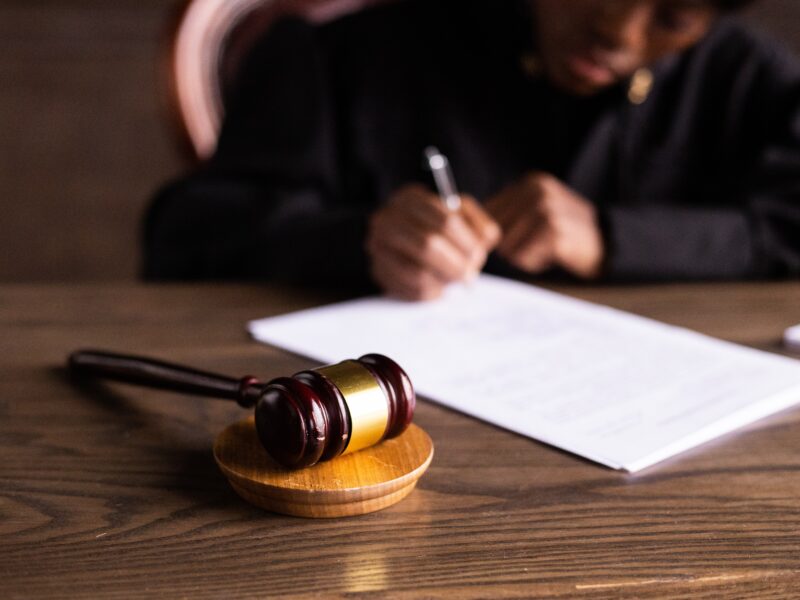The European Convention on Human Rights (ECHR) is an international treaty that aims to protect and promote fundamental rights and freedoms in Europe. This article provides an overview of the ECHR, its historical background, key provisions, the role of the European Court of Human Rights, and its impact on member states.

Introduction
The European Convention on Human Rights is a crucial legal instrument that ensures the protection of human rights across Europe. It provides individuals with a mechanism to safeguard their fundamental rights and seek redress in case of violations.
Overview of the European Convention on Human Rights
The ECHR was adopted by the Council of Europe in 1950 and entered into force in 1953. It currently has 47 member states, making it one of the most widely ratified human rights treaties globally. The Convention sets out a comprehensive framework for the protection of civil, political, economic, social, and cultural rights.
History and Significance of the Convention
The ECHR was born out of the collective determination to prevent the recurrence of human rights atrocities witnessed during World War II. Its main objective is to promote respect for human rights and establish democratic principles across Europe. The Convention has played a pivotal role in shaping human rights standards and fostering a culture of human rights protection.
Key Provisions and Rights under the Convention
The European Convention on Human Rights enshrines a range of fundamental rights and freedoms. These include the right to life, liberty, and security of person; the prohibition of torture and inhuman or degrading treatment or punishment; the right to a fair trial; freedom of thought, conscience, religion, expression, and assembly; and the right to privacy, among others. These rights are essential for the protection of individuals’ dignity and the preservation of democratic values.
Role of the European Court of Human Rights
The European Court of Human Rights (ECtHR) is the judicial body responsible for interpreting and enforcing the provisions of the ECHR. It provides a forum for individuals and states to bring forward cases alleging human rights violations. The Court’s decisions serve as authoritative interpretations of the Convention and have a significant impact on human rights jurisprudence in Europe.
Impact of the Convention on Member States
The ECHR has had a profound impact on member states, shaping their legal systems and fostering a culture of human rights protection. It has influenced domestic legislation, policies, and judicial practices, ensuring that human rights considerations are integrated into the functioning of democratic societies. The Convention acts as a safeguard against potential human rights abuses by state authorities and strengthens the rule of law.
Challenges and Criticisms
While the European Convention on Human Rights has been instrumental in safeguarding fundamental rights, it faces certain challenges and criticisms. Some argue that the Court’s caseload is overwhelming, leading to delays in delivering judgments. Additionally, there are debates about the balance between individual rights and the legitimate aims of member states in certain circumstances.
Conclusion
The European Convention on Human Rights stands as a cornerstone of human rights protection in Europe. It establishes a comprehensive framework for the promotion and preservation of fundamental rights and freedoms. The Convention, along with the jurisprudence of the European Court of Human Rights, plays a vital role in advancing human rights standards and ensuring accountability for human rights violations.
FAQs
- Q: Can individuals directly approach the European Court of Human Rights? A: Yes, individuals can lodge applications with the Court if they believe their rights under the ECHR have been violated.
- Q: Are the decisions of the European Court of Human Rights binding on member states? A: Yes, member states are legally obligated to abide by the Court’s decisions and take necessary measures to rectify human rights violations.
- Q: How does the European Convention on Human Rights relate to national legislation? A: Member states are required to align their domestic laws with the principles and rights enshrined in the Convention.
- Q: Can non-member states be parties to the European Convention on Human Rights? A: Non-member states can accede to the Convention if they meet certain criteria and are willing to adhere to its provisions.
- Q: What is the significance of the European Convention on Human Rights for the protection of vulnerable groups? A: The Convention plays a crucial role in protecting the rights of vulnerable groups, such as minorities, refugees, and victims of human rights abuses.
